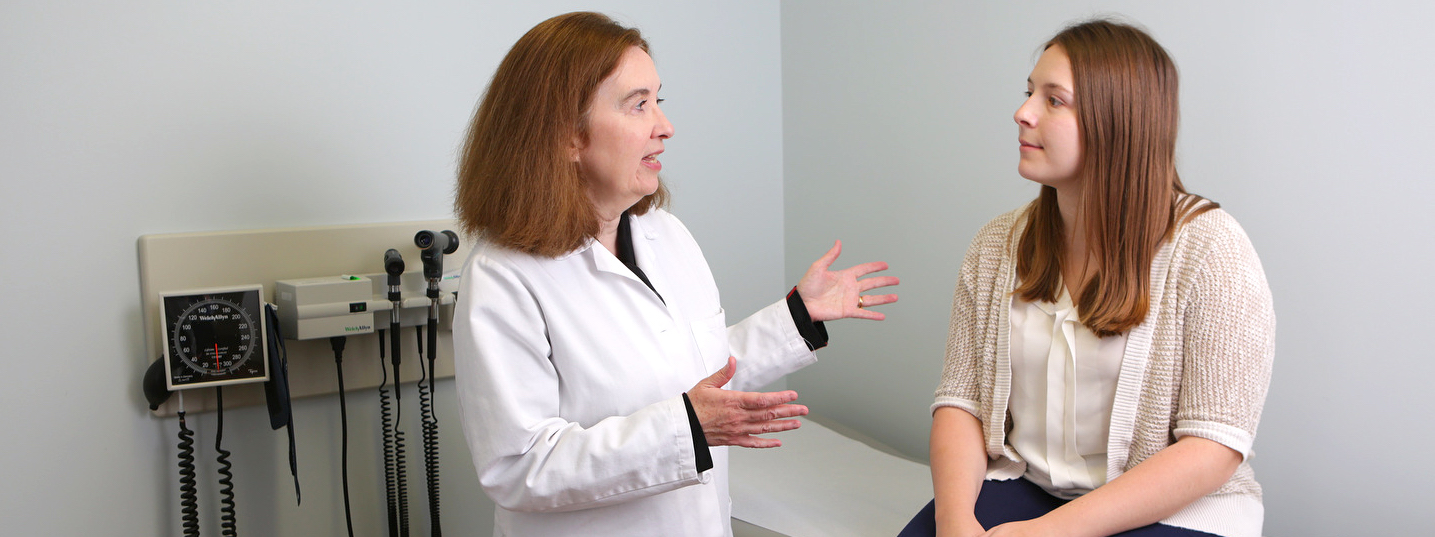In addition to promoting lifestyle changes and prescribing traditional medical treatments, the Headache Program also refers patients, when appropriate, to specialists that practice complementary medicine. In particular, we refer to qualified biofeedback and acupuncture practitioners.
Biofeedback: This process empowers individuals by making them more aware of their body to help remedy a health condition or simply aid with relaxation. Biofeedback therapy uses electronic instruments to monitor and provide information about your body’s physiological functions that you unconsciously control, like breathing and your heart rate.
This process helps improve awareness of key biological functions so that you can consciously control them. By using the equipment, you can train your nervous system to react with relaxation instead of stress, helping you gain more control over many physical and mental health problems, such as anxiety, high blood pressure, tension-type headaches and migraines.
Acupuncture: This Chinese therapeutic treatment has been in use for thousands of years to treat pain but has only been more recently integrated into care plans by Western physicians.
According to the National Institute of Health, acupuncture can be of considerable value to patients and is worth establishing into conventional medicine. The World Health Organization recommends acupuncture to treat migraines and a 2009 Cochrane Review has shown that this acupunctural therapy can provide treatment to patients who suffer from tension-type and migraine headaches.
During treatment, thin needles are inserted into a patient’s body at predetermined points to help alleviate pain.
Naturopathic Treatments: Several supplements have been shown to be beneficial for headache prevention, including Vitamin B2, Magnesium, Co-enzyme Q10, Feverfew, and others.


